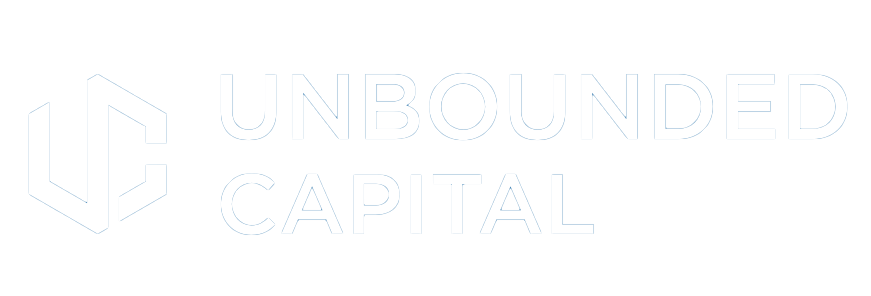Blockchain and cryptocurrency are quite interdisciplinary subjects. Expertise in fields as diverse as cryptography, computer science, economics, monetary policy, game theory, graph theory, and even evolutionary biology go a long way in making the field comprehendible.
Likely due in part to blockchain’s growing popularity, many of these fields have seen a resurgence as an interest of study. Monetary policy, computer science, and cryptography are especially in vogue, with experts from these fields serving as thought leaders in the blockchain space delivering them large Twitter followings and podcast viewerships. A coherent understanding of law, however, has been woefully underappreciated in the space, with many proponents of the technology largely writing the field off, imagining they have technically innovated their way around needing to be bothered by this additional complexity.
Most in the space think some version of the following,
”Blockchain is decentralized. It cannot be stopped. Law has been rendered toothless by blockchain’s combination of cryptography, computer science, and economics.”
Unfortunately for many investors, entrepreneurs, and developers who assume this, it’s not the case. In reality, blockchain lives in a legal context. The computers which create these networks are provisioned by people. The software which manages and tracks blockchain-based tokens is programmed by people. The exchanges which provide liquidity for the sale of tokens (their primary function thus far) are operated by people. All of these people live in a legal context and, as a result, so do the fruits of their labor.
Earlier this week Gary Gensler, the chair of the Securities and Exchange Commission (SEC) did an interview with CoinDesk where he made an obvious legal statement which took many in cryptocurrency by surprise.
“And, you know, if you just look at coinmarketcap.com, there's like 10,000 or so tokens listed there. Some have more liquidity than others, of course, and some have more value than others. But what is the investing public doing? They're investing for a better future, based upon the efforts of others…it's about that common enterprise and that entrepreneurial effort which is the hallmark of investment contracts, which are securities. So I think that's where we are, that most of the tokens meet the traditional standards that our Supreme Court has laid out, and that we, the SEC, have a role to help protect investors and instill and enhance trust in these markets.“
The surprise felt by many of our peers is what’s most surprising to us at Unbounded Capital. The majority of the blockchain space fundamentally misunderstand the relationship between blockchain technology and law, mistaking blockchain as being in a superseding position over legal realities. We have seen this demonstrated over the last decade as the technology has been inappropriately used as a tool for online drug markets, money laundering, sanctions evasion, and, most commonly as noted by Gensler, issuing unregistered security offerings.
Since 2019, Unbounded Capital has been publicly warning against the widespread legal ignorance of the blockchain sector and avoided use cases which, at their core, attempted regulatory arbitrage: from privacy coins like Monero to mixers like Tornado Cash to the (less scary but more pervasive) sea of Blue Chip backed unregistered securities like those Gensler alluded to in his comments. While avoiding these types of projects may sound obvious, this wide category including unregistered securities constitutes the vast majority of capital in the cryptocurrency/blockchain sector.
Our forecast for the future of blockchain is that projects seeking to exploit these perceived legal loopholes will fail while those leveraging blockchain to deliver value to their business will thrive. This is not only true of relatively niche projects like the now defunct Tornado Cash but also industry leaders like BTC and Tether.
At Unbounded Capital we like to keep it simple: we invest in people building companies with business models that leverage scalable blockchains to deliver value to customers. To learn more about some of these companies visit our portfolio page at UnboundedCapital.com.


